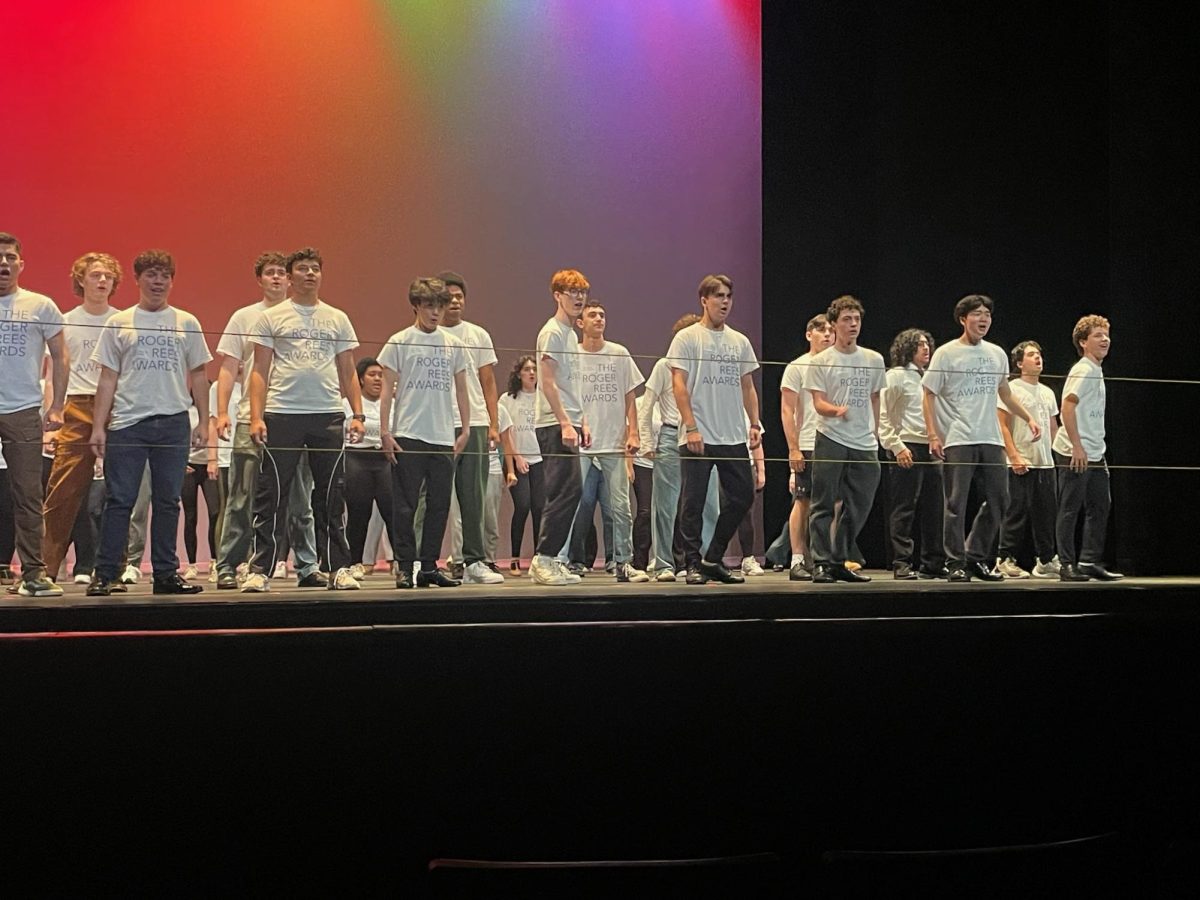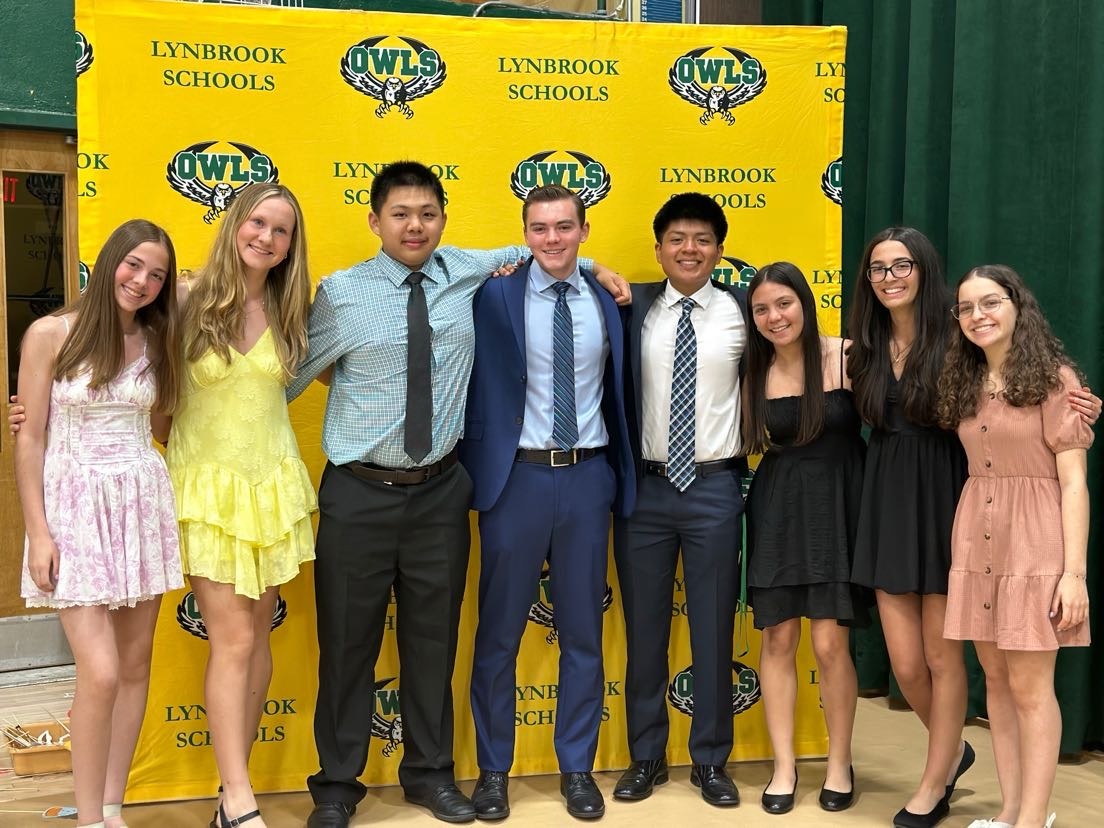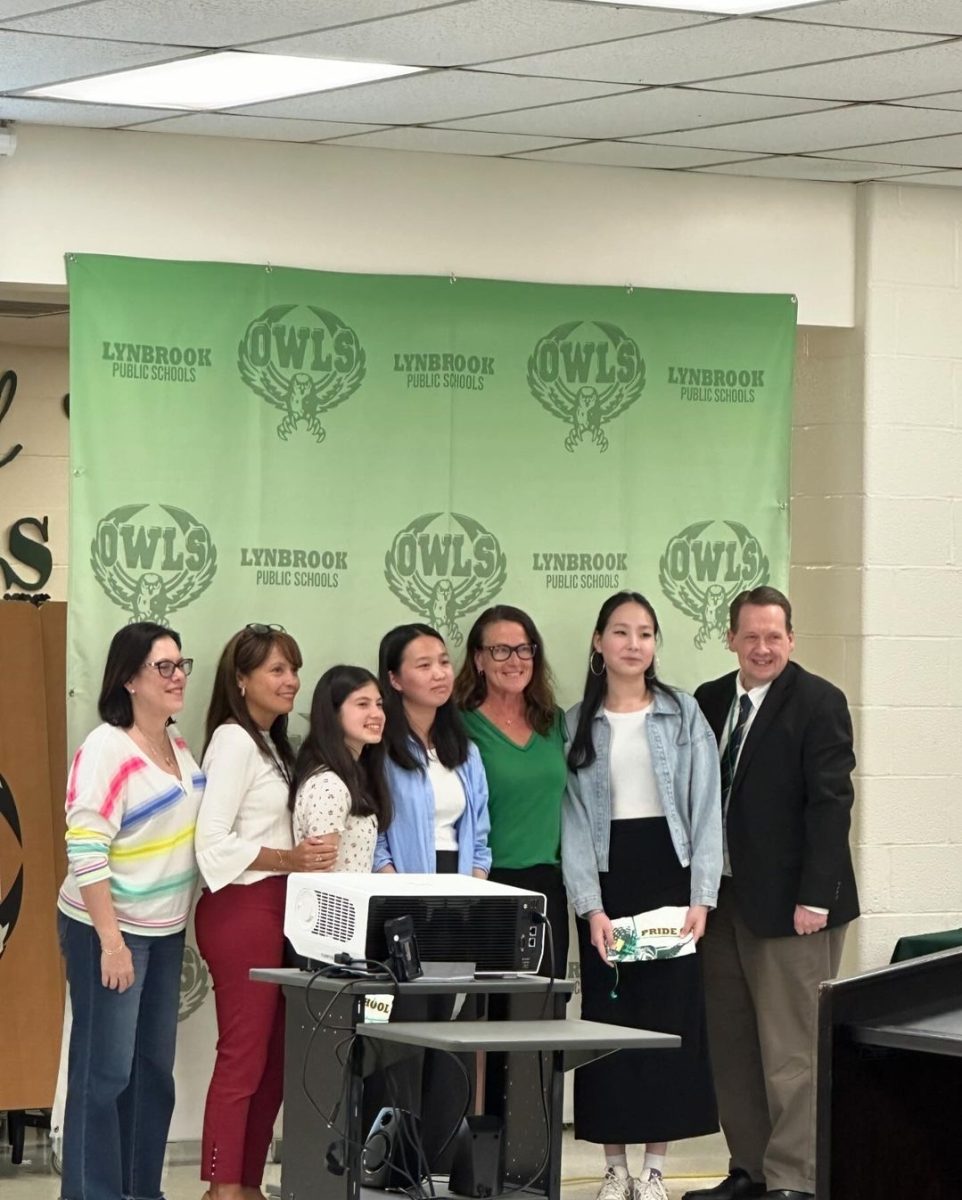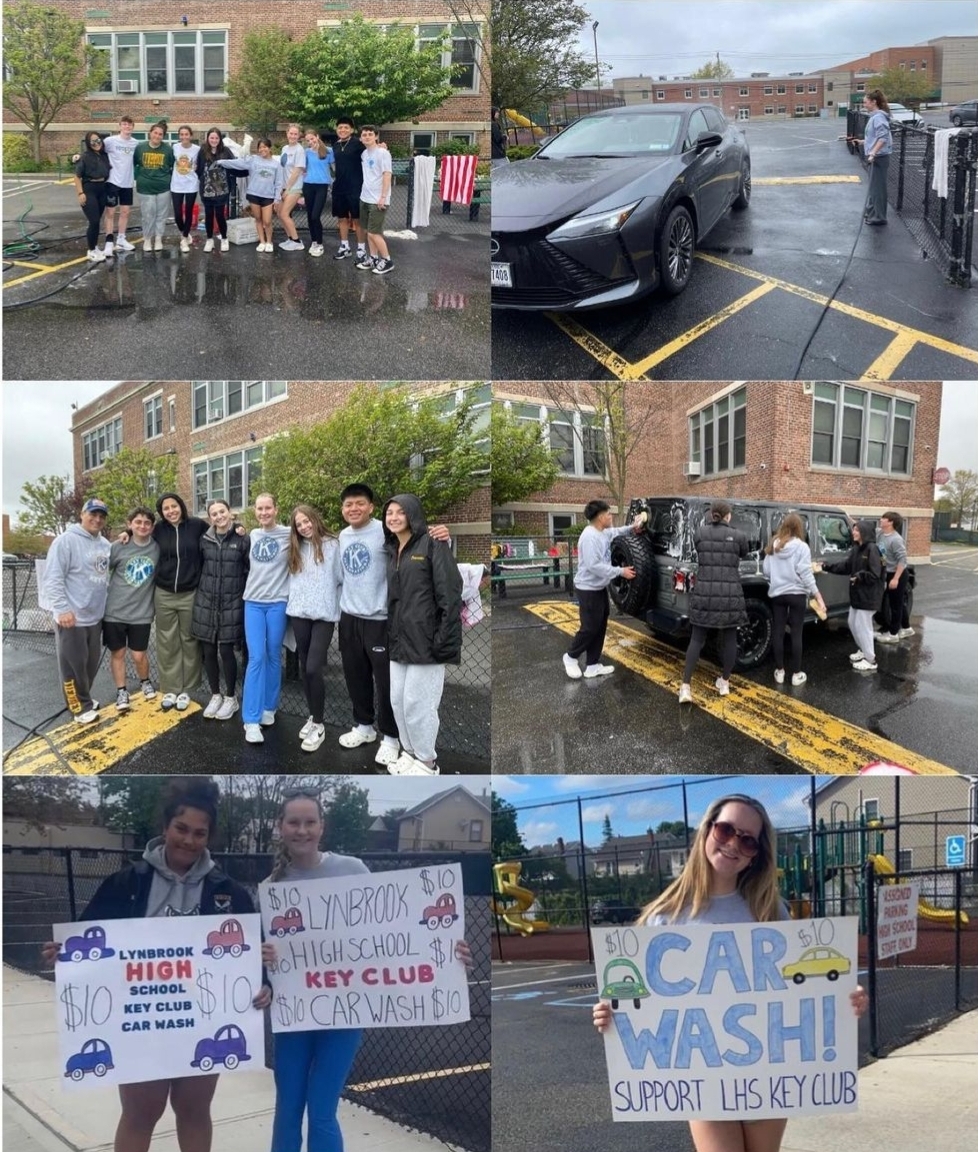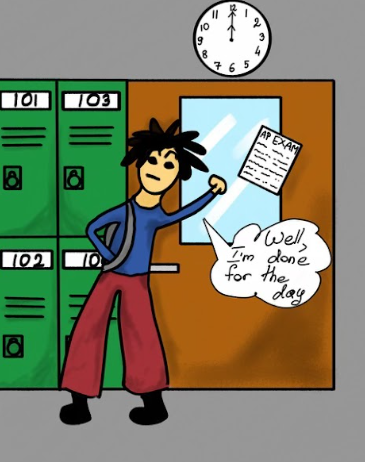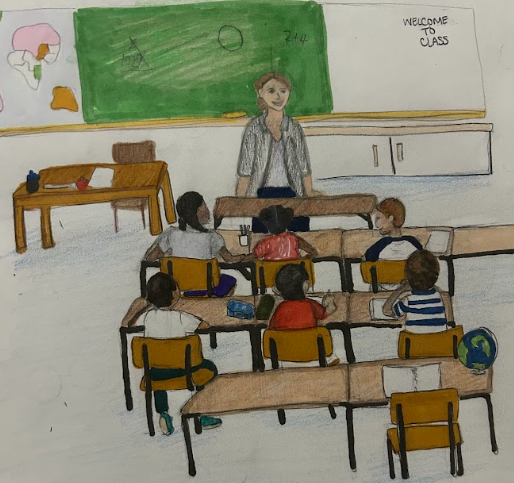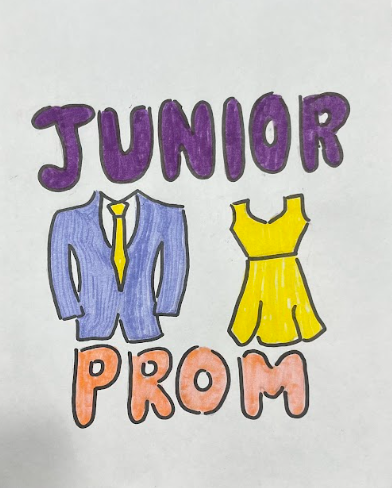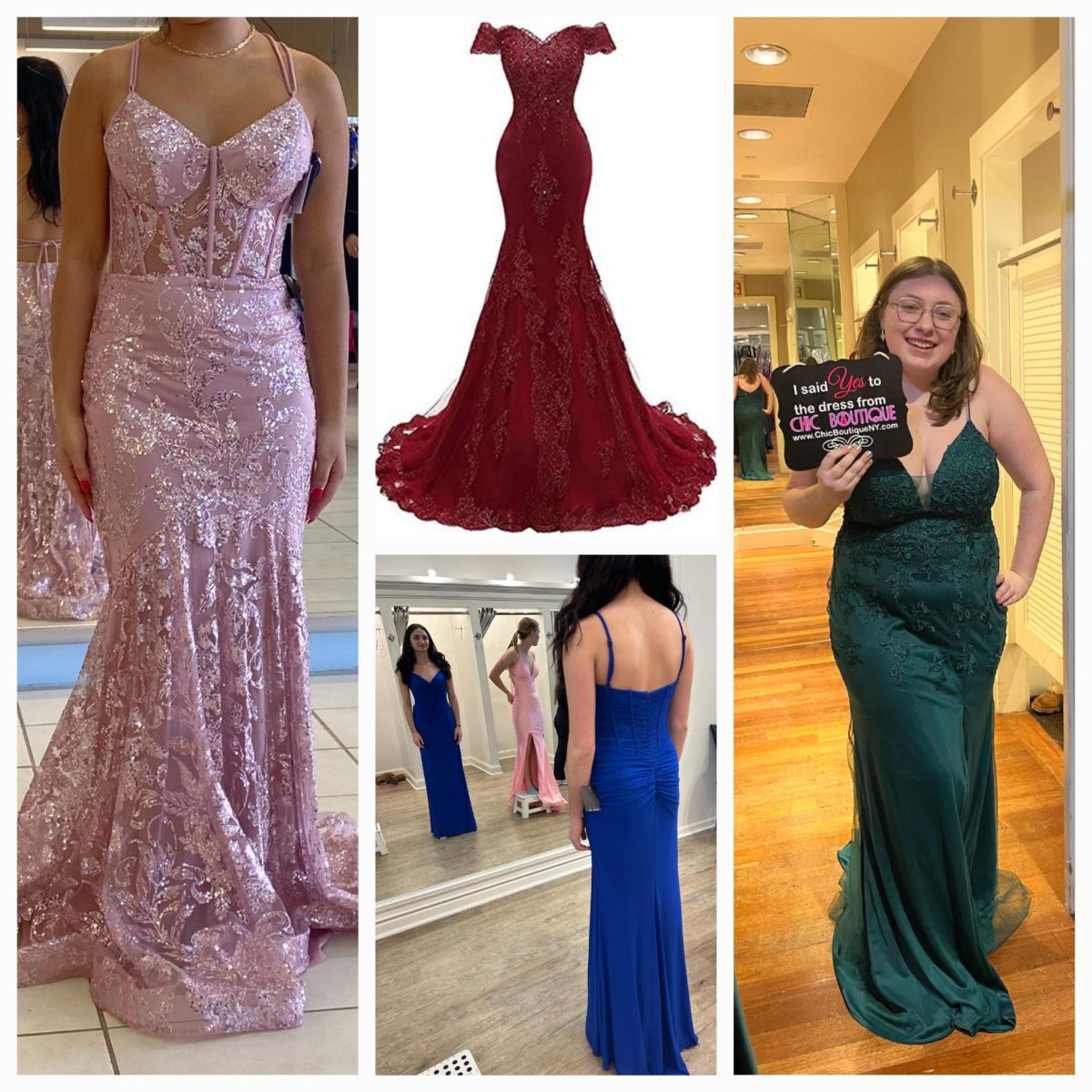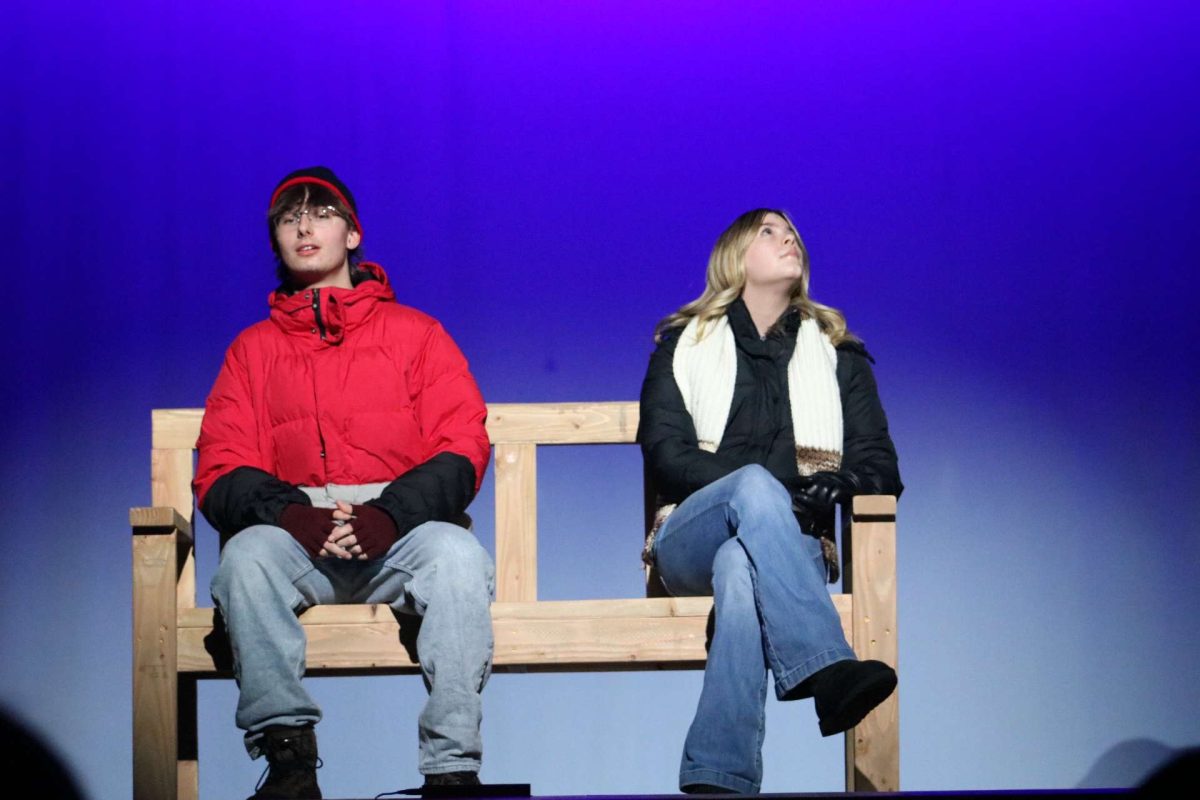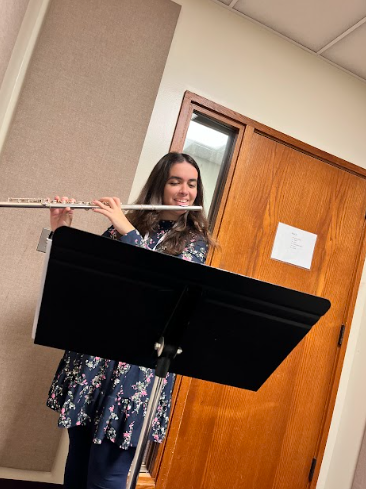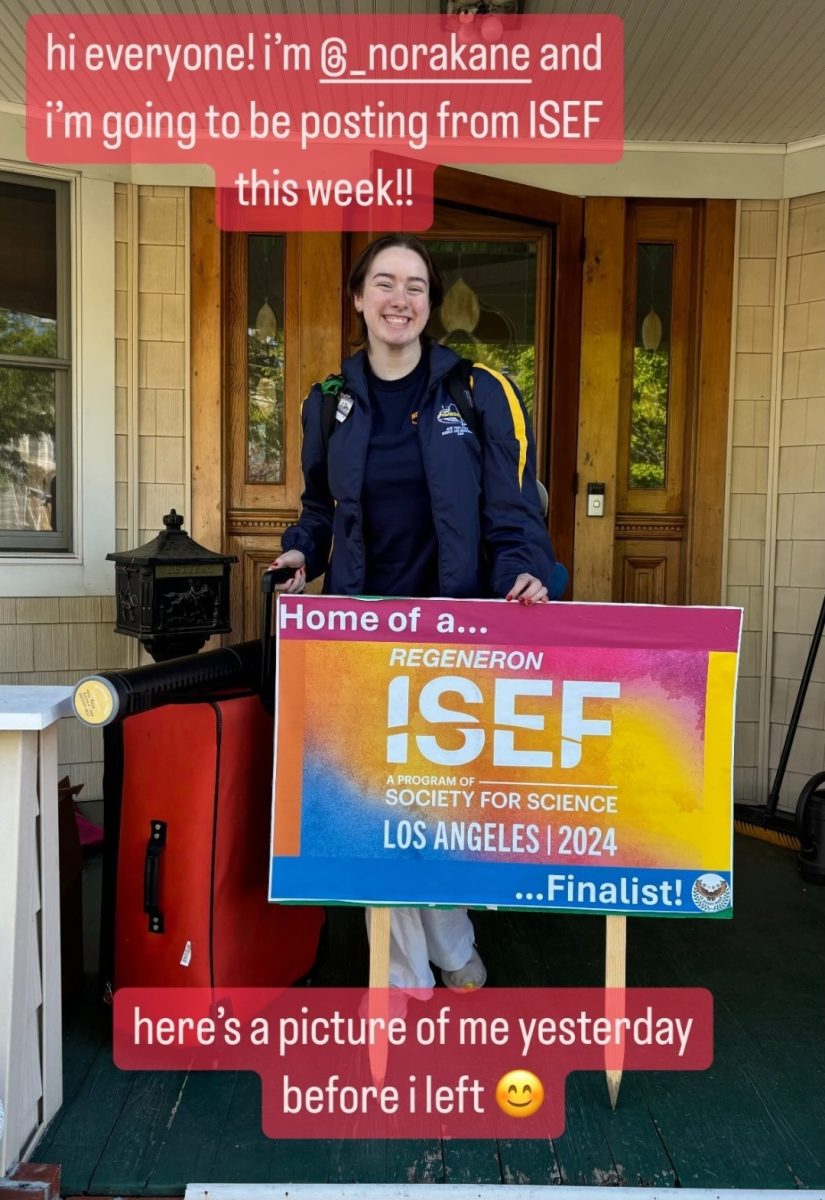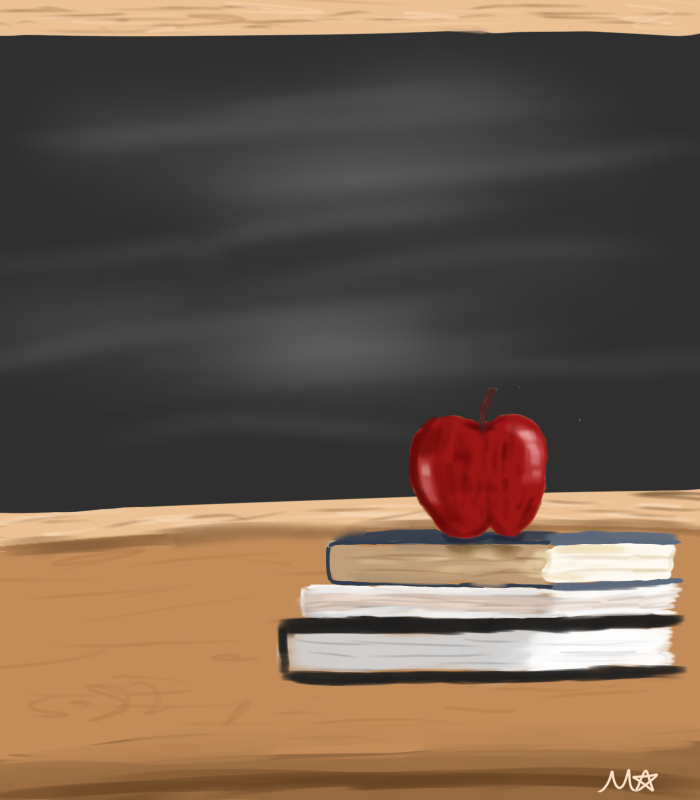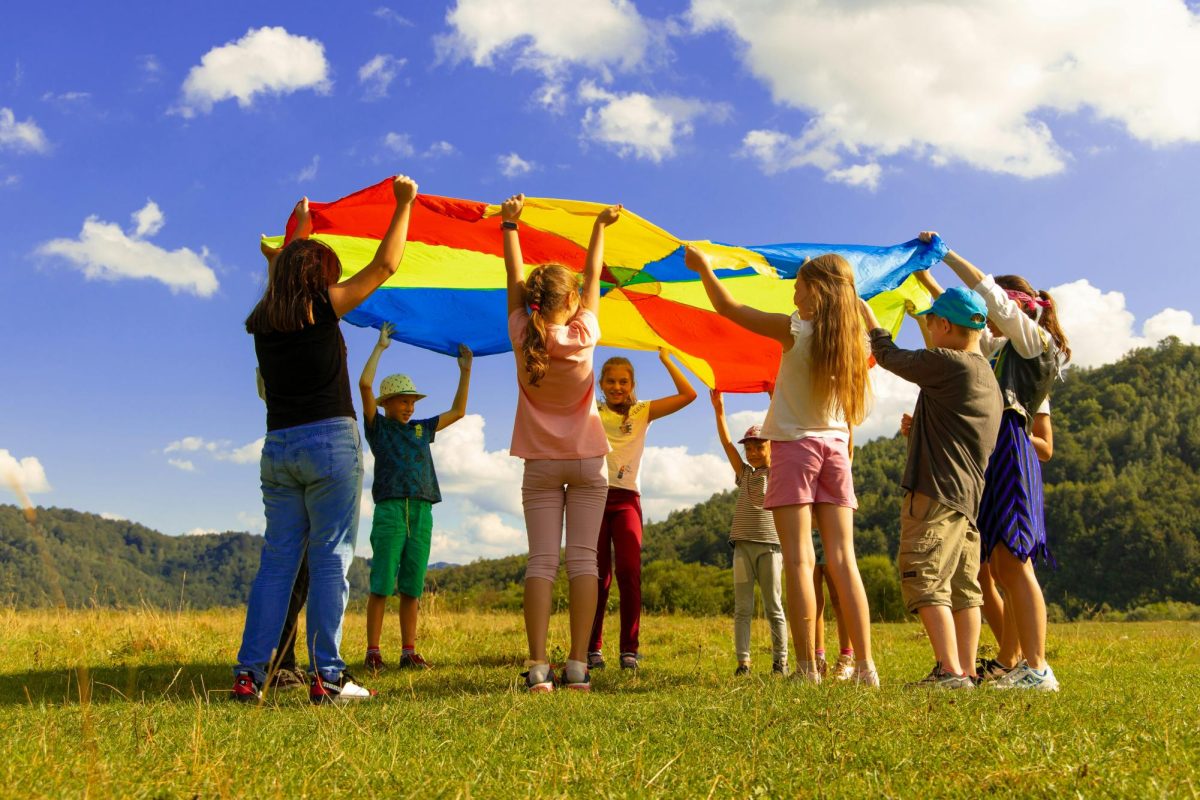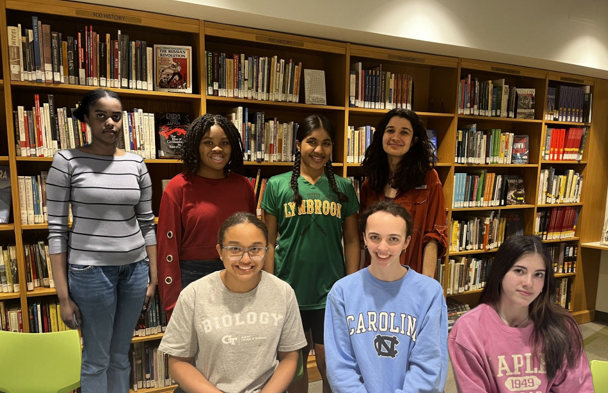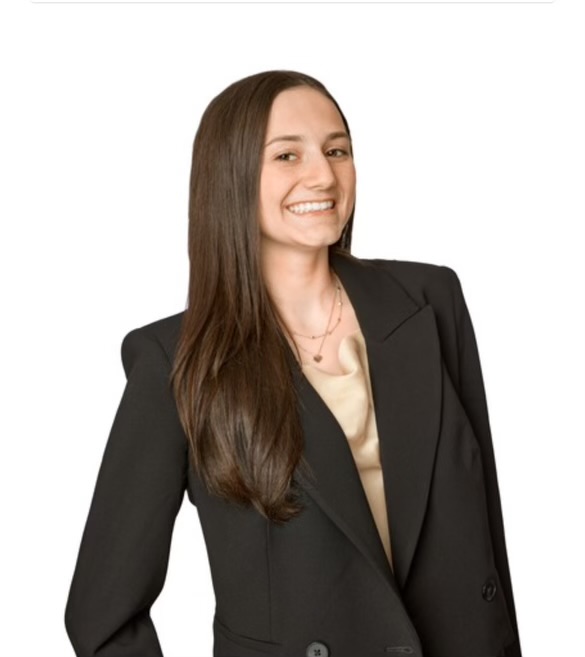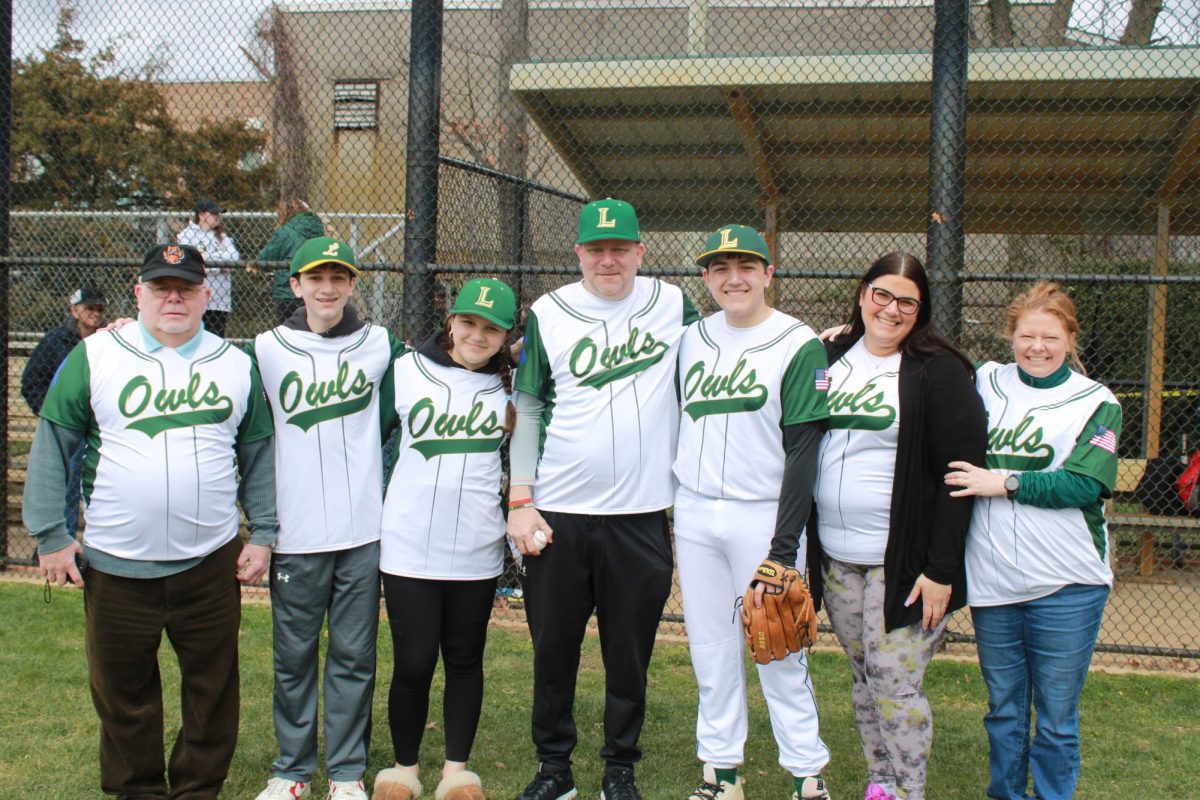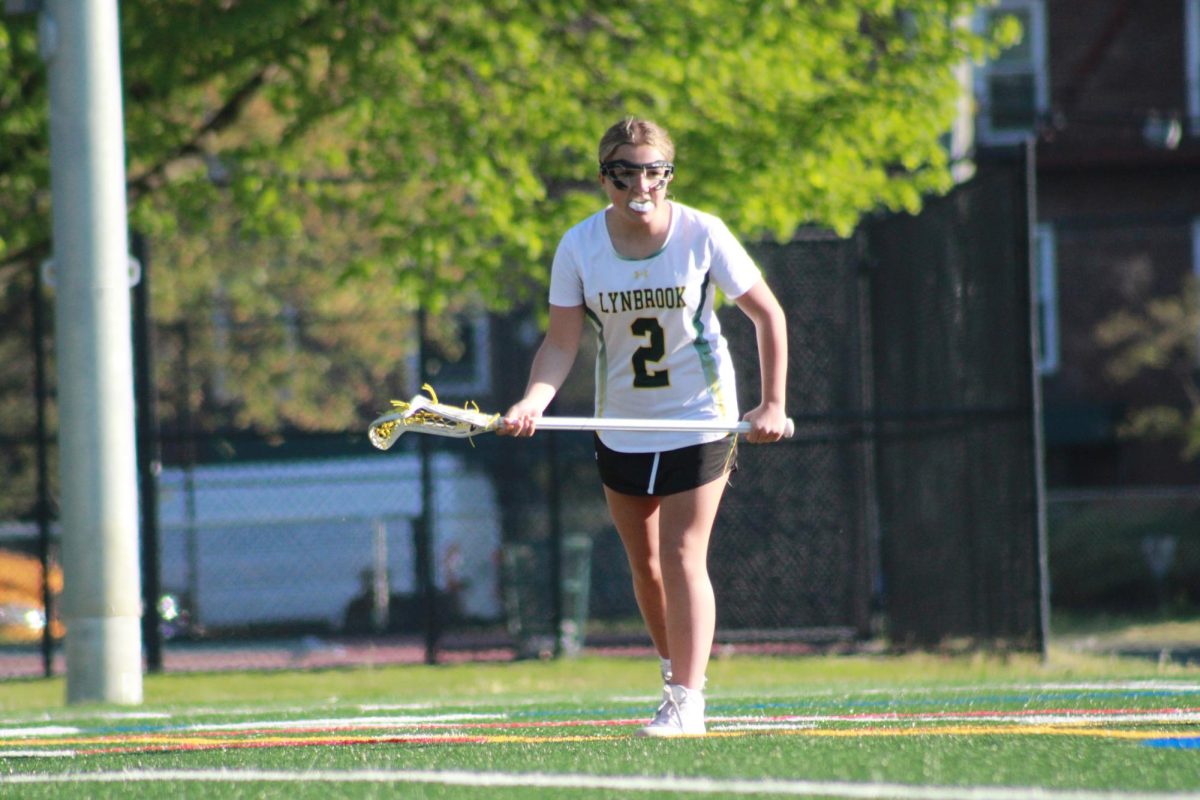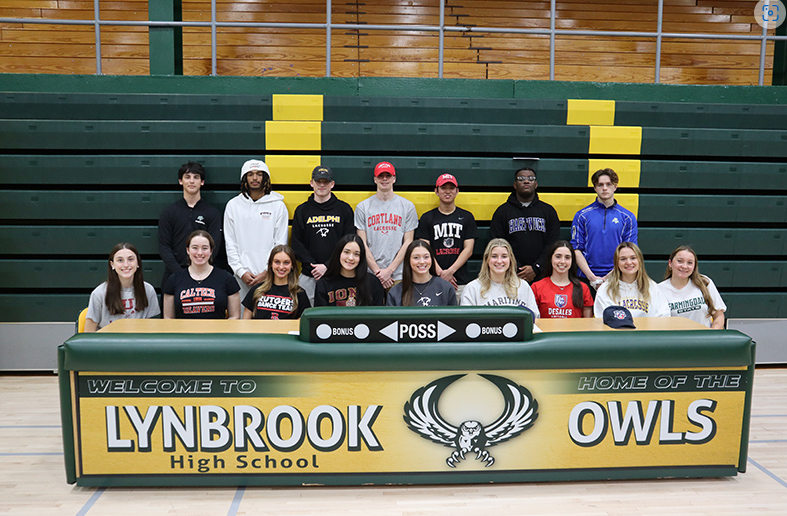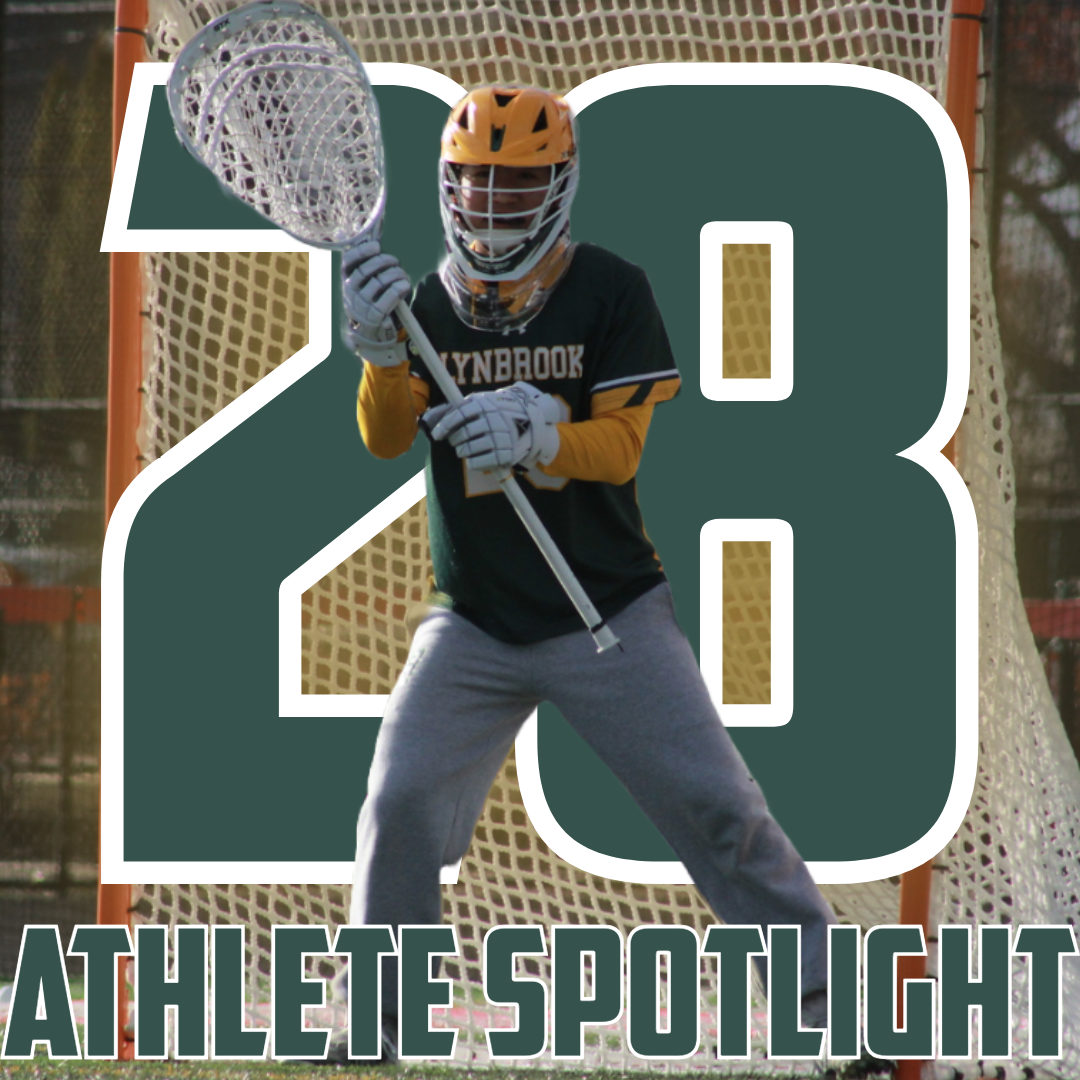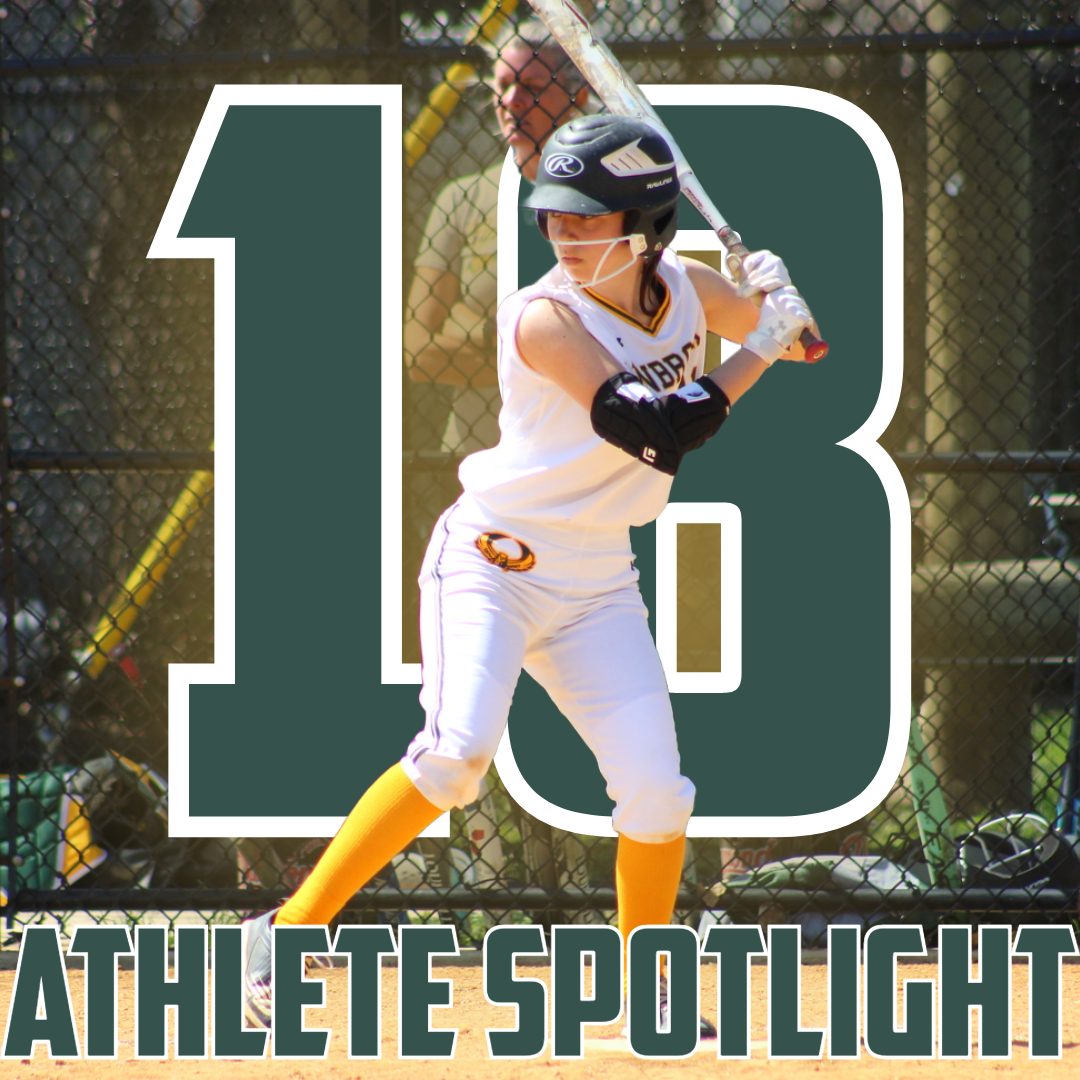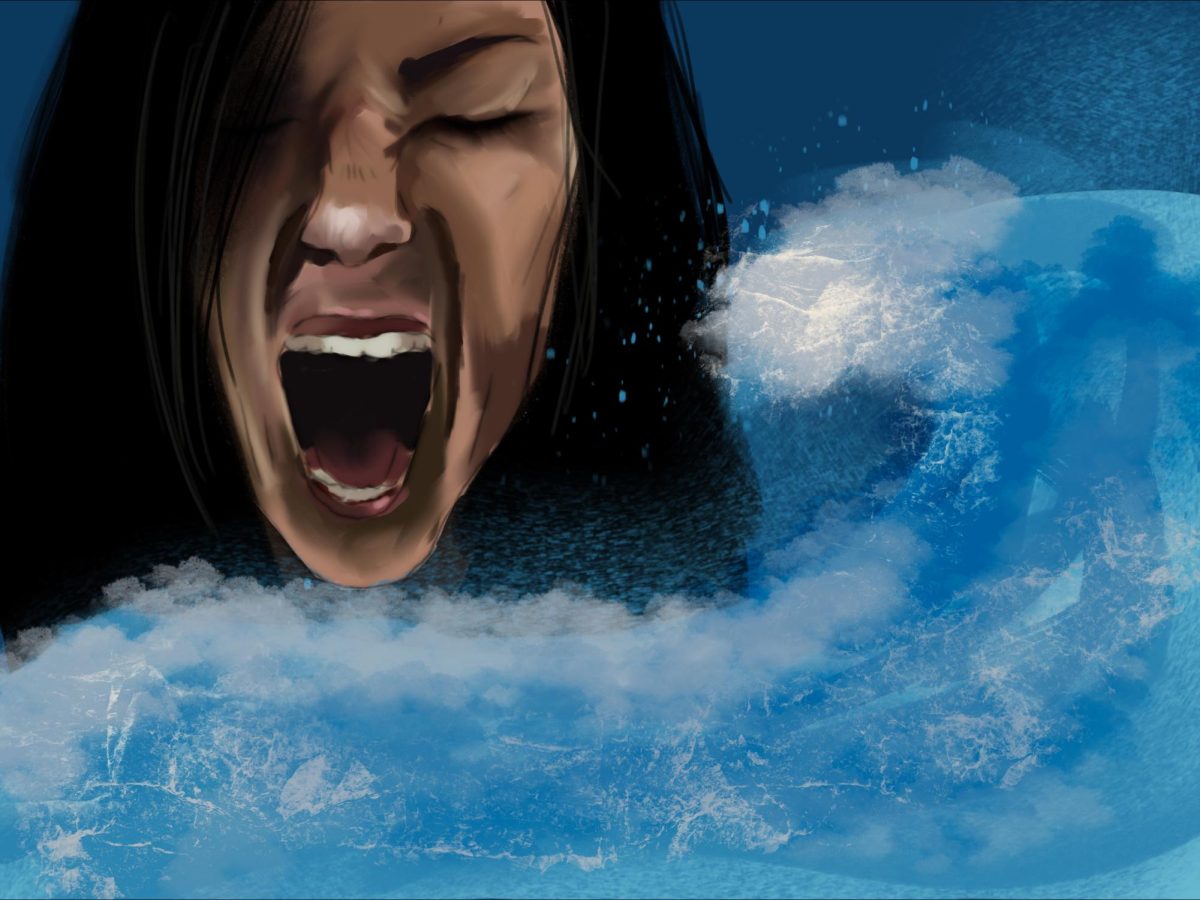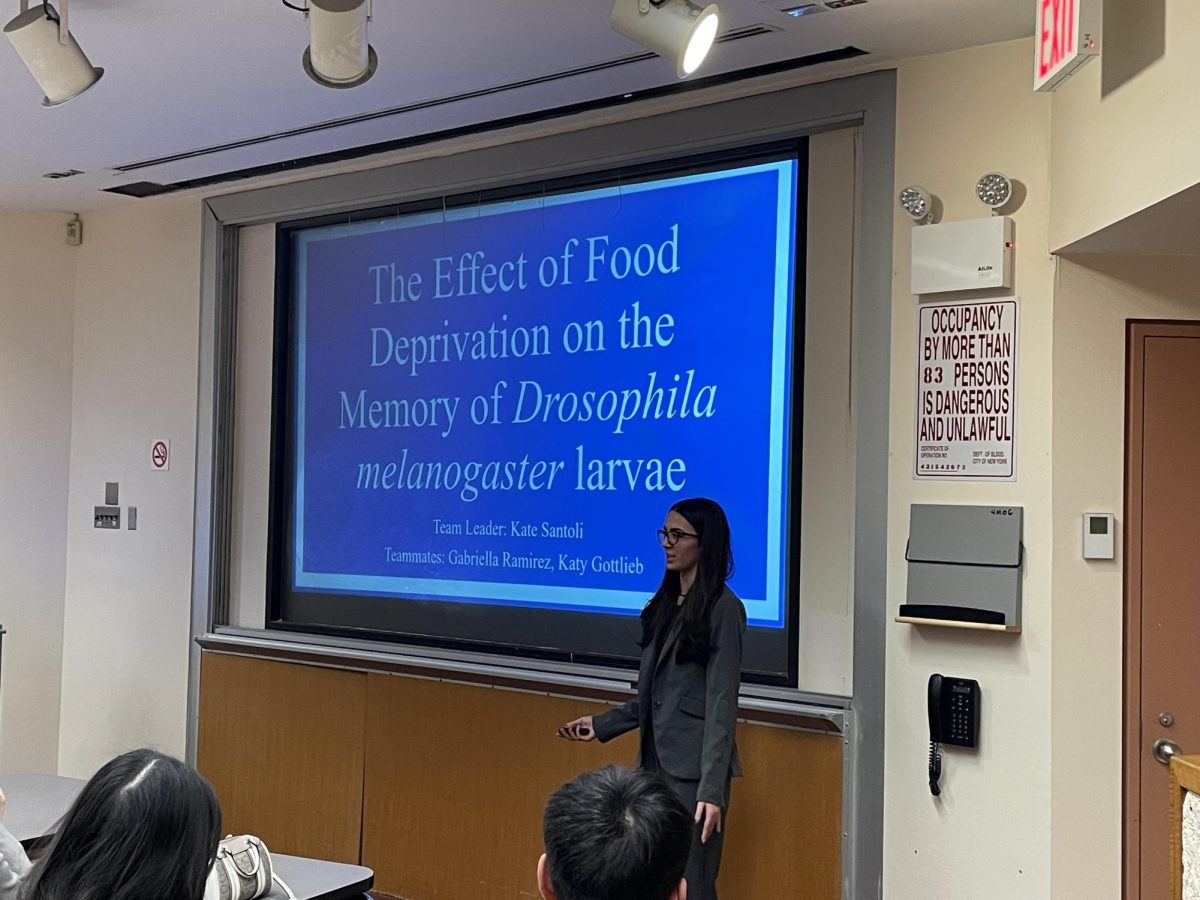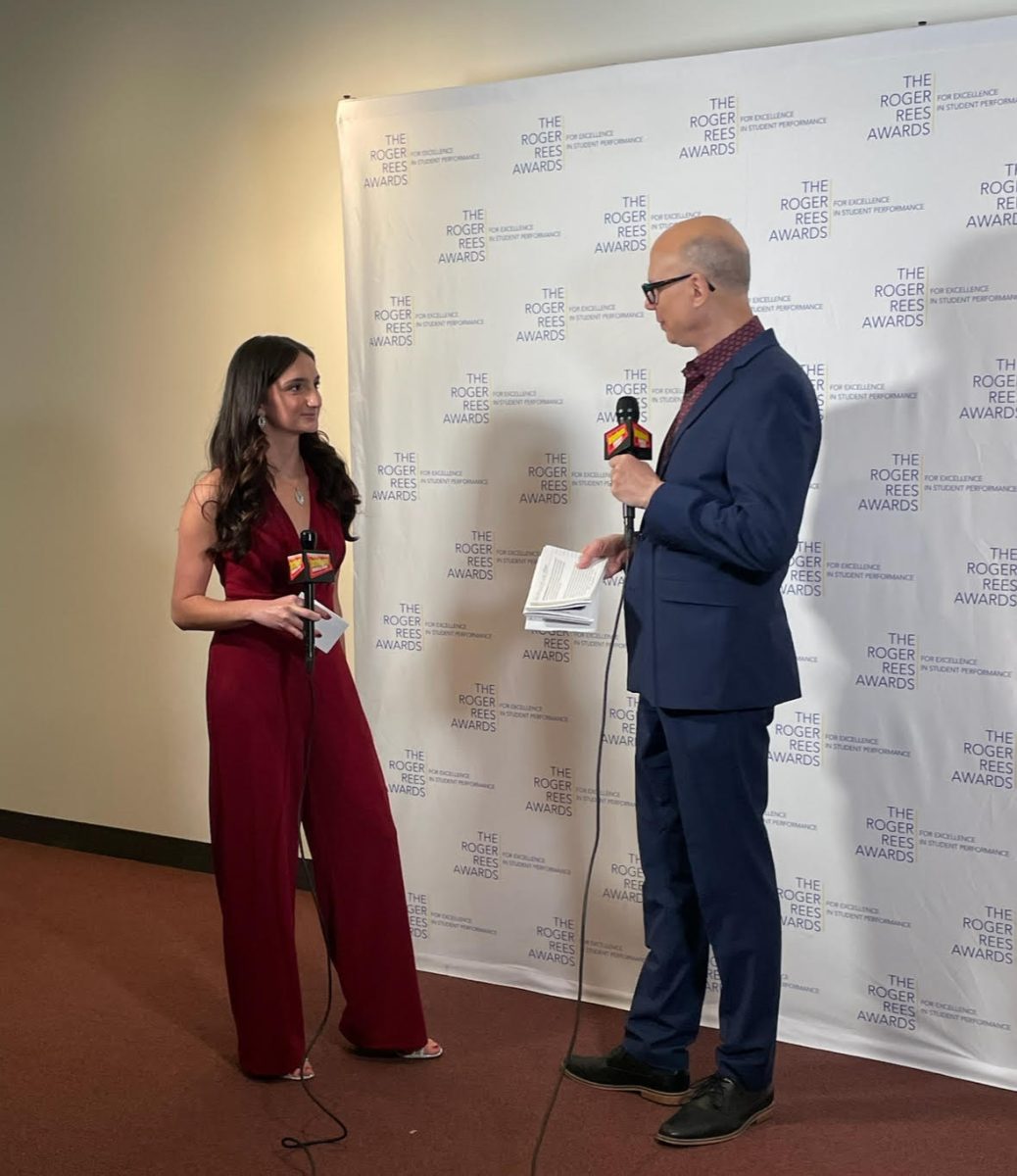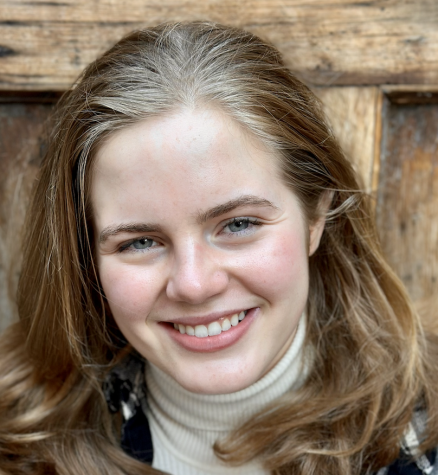Every winter, science research students submit their projects to prestigious competitions after countless hours of hard work and dedication. This is no easy task, considering the pressure imposed by the legacies of LHS’s many past victors and Long Island’s reputation as a fiercely competitive region for science-related projects. However, research students take on the challenge to push themselves to their limits and explore their topics to the fullest, producing a resilient and skilled group of scholars worthy of submitting to esteemed competitions. This season, students are participating in the Junior Science and Humanities Symposium (JSHS), the ExploraVision competition, the Long Island Science and Engineering Fair (LISEF), the New York State Science and Engineering Fair (NYSSEF), the Kathy Belton Science Fair, and the Long Island Science Congress (LISC).
Recently, 16 students earned spots at JSHS Semifinals, a Lynbrook record. These students were senior Kiera Colon, senior John DiFiore, senior Colette Doyle, senior Bianca Dublin, senior Nora Kane, senior Zuhair Khan, sophomore Elin Kim, senior Caiden Lung, senior Stephanie Neri, junior Eric Reilly, junior Kelsey Roth, junior Evie Dellacona, junior Kate Santoli, junior Katy Gottlieb, junior Gabriella Ramirez, and junior Simon Yu. These students progressed on to Finals, with the symposium taking place on Saturday, Feb. 24. Santoli and Reilly secured 4th and 7th place respectively; Santoli will be competing at Nationals in May and Reilly will be the second alternate for Nationals. Freshmen researchers have also recently submitted to ExploraVision and anticipate hearing the results in the spring, according to science research teacher Kathleen McAuley. As of press time, students are preparing for NYSSEF Round 1 and Round 2, the Kathy Belton Science Fair at Molloy University, and both the junior and senior divisions of LISC. LISEF Finalist Kane earned second place in the Math, Astronomy, and Physics combined category on Tuesday, Mar. 5.
Kane, who has always been interested in physics, studied the stabilization of particle accelerator beams using machine learning. She decided to choose her project’s topic based on the issues her mentor was experiencing in his work upon being invited to his lab. Her work did not come without difficulties: “One of my main issues [with] my project was getting my model to work and accurately predict the values I was studying. I had to experiment with many different model architectures to find the one that worked.” However, Kane simultaneously enjoyed working at Brookhaven National Lab over the summer, allowing her to “collaborate with senior scientists and gain a glimpse of what the everyday life of a scientist working at the forefront of innovation is like.” Her advice to younger research students is to know their projects deeply, ensuring judges see their ownership and pride. “Understand what you did, how you did it, and what your results mean for a larger context.”
Senior Alayna Matern decided to focus on microplastic pollution by using a Nile red stain to detect microplastics in environmental samples, with microplastics appearing fluorescent through an orange filter and blue light. Matern wanted to explore microplastics after they were recently recognized as a global threat and found in lung and placenta cells. She described creating her own protocol a challenge, having problems justifying her methods and researching what to do next. Therefore, her successes were even more of a momentous moment, with Matern claiming she “jumped and cheered” when her project worked. She advises younger researchers to present confidence: “[If you do], everyone will think you are a genius.”
As for McAuley, she recommends students approach their projects with flexibility in mind. “Students who succeed the most at science fairs are students who truly enjoy the hard work that goes into their projects and who understand that it is okay (and expected) that they need to make adjustments to their plan as they go along,” she explained. “Science research works best when students go into a project with a carefully designed research plan, but are also able to understand that [to find the answer to their research question], they need to be flexible in their approach and look to get feedback from as many scientists as possible.”

